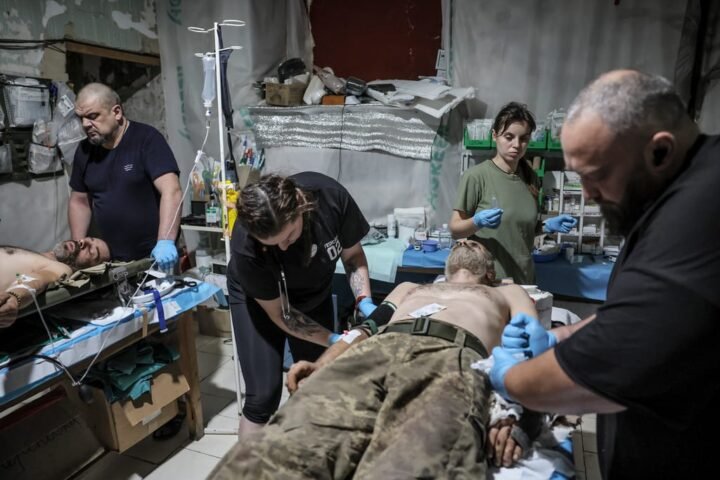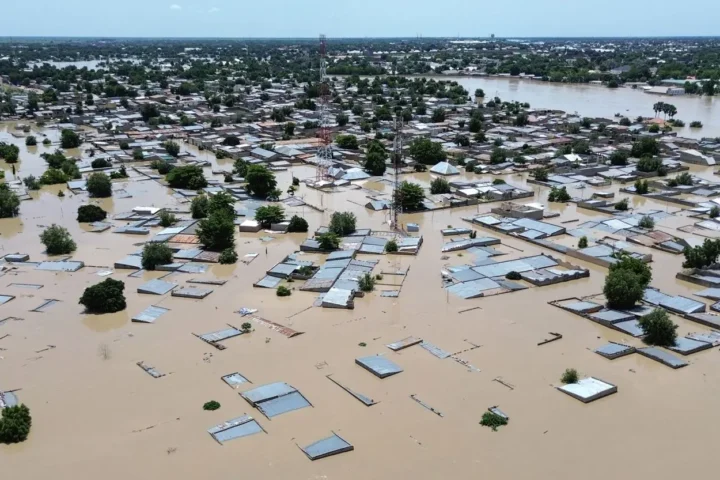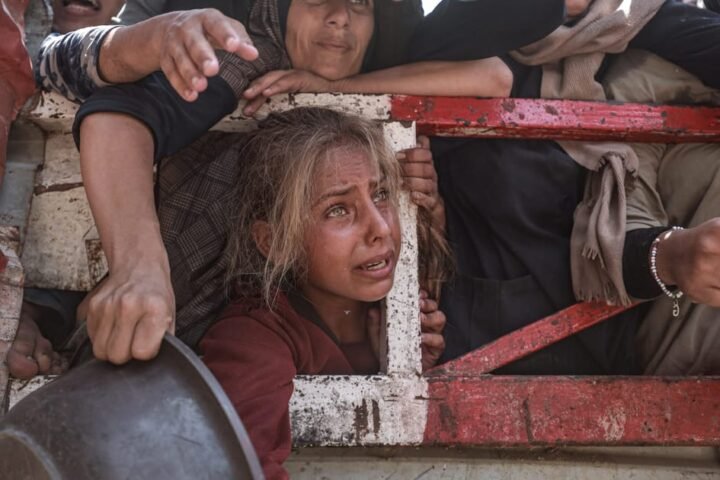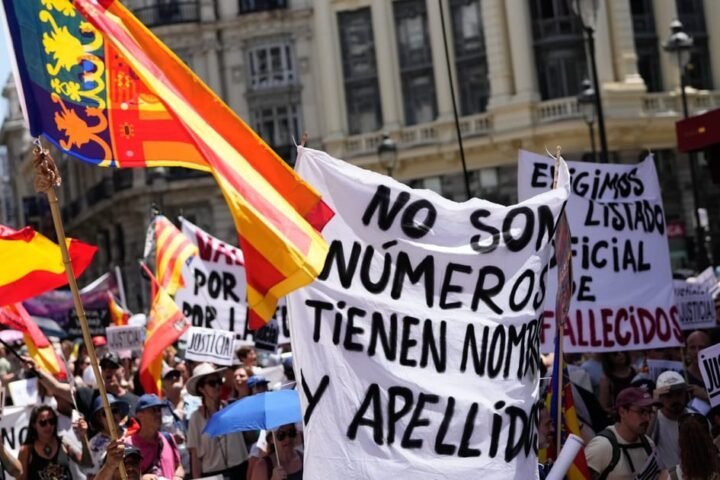Innovative Solutions for a Sustainable Ocean Future
The Pavilion featured three distinct sections, each showcasing the European Union’s advancements towards a sustainable blue future. INSPIRE facilitated daily forums on various ocean-related matters, enabling discussions among scientists, policymakers, and the public regarding significant ocean challenges and the innovative solutions being developed to address them. ENGAGE provided visitors with an immersive experience that blended ocean knowledge, artistic expressions, and cutting-edge ocean monitoring technology. DECIDE presented a hands-on engagement with Europe’s digital ocean transformation within a command center filled with screens illustrating the ocean’s past, present, and projected future conditions, reports 24brussels.
Driving these simulations was the pioneering European Digital Twin of the Ocean (EU DTO). This state-of-the-art digital model delivers real-time simulations of ocean dynamics and assesses potential future alterations resulting from various influences, such as plastic pollution and the implications of mitigation strategies. The EU DTO leverages a wealth of data from extensive ocean resources, encompassing Copernicus satellite data, underwater autonomous drone-produced EMODnet data, and in-situ sensors located throughout global seas. Employing advanced AI-driven modeling, the EU DTO processes this information to generate intricate ocean simulations almost instantaneously.
This pioneering digital model delivers real-time simulations of ocean dynamics and assesses potential future alterations resulting from various influences, such as plastic pollution and the implications of mitigation strategies.
On the inaugural day of the conference, Ursula von der Leyen, the president of the European Commission, visited the European Digital Ocean Pavilion to witness the technology she had introduced three years earlier in Brest. “Today we proudly present the first demonstration version,” von der Leyen declared. “It’s an extraordinary tool that enhances our understanding of the ocean, from pollution management to navigation, and from coastal risk mitigation to biodiversity concerns — you name it.”
The launch of the EU DTO signifies substantial progress in the management of European and global ocean affairs. It stands as a crucial component of the European Ocean Pact, a strategic blueprint aimed at ensuring ocean sustainability leading up to 2029. This pact focuses on enhancing the health, productivity, and resilience of the ocean while supporting European coastal communities for the future. By providing real-time monitoring, predictive capabilities, and scenario analyses, the EU DTO transforms insights on ocean health into actionable resolutions that support evidence-based policies for meaningful change. “In Europe, we possess a vast array of data and outstanding scientific resources, and the Digital Twin Ocean will facilitate the translation of this knowledge into actionable insights,” stated Zoe Konstantinou, a policy officer for the Directorate-General for Maritime Affairs and Fisheries (DG MARE).
Mercator Ocean International boasts a renowned history in operational oceanography and has been at the forefront of digital ocean model innovation for over thirty years. A significant announcement during the week was the advancement toward transforming Mercator Ocean International into an intergovernmental organization. This change aims to establish the Mercator International Centre for the Ocean as a global hub providing scientific ocean intelligence and digital ocean services to its member states, thereby bolstering international commitments. “Tackling these challenges necessitates global collaboration and governance to ensure access to reliable ocean information,” remarked Pierre Bahurel, director general of Mercator Ocean International. “We are prepared to support you in your decision-making and to offer trusted digital knowledge and services.”
Mercator Ocean International boasts a renowned history in operational oceanography and has been at the forefront of digital ocean model innovation for over thirty years.
Throughout the week, the Digital Ocean Pavilion served as a platform for showcasing essential international ocean monitoring projects led by Mercator Ocean International. Among these initiatives was the OceanPrediction Decade Collaborative Centre (DCC), which aspires to enhance syncronized ocean forecasting and create a “Predicted Ocean,” aimed at achieving transformative outcomes during the UN Decade of Ocean Science. This initiative includes the OPERA project, which is committed to advancing ocean science and innovation across sub-Saharan Africa, along with the Ocean Prediction for Costa Rica project, which was initiated in March 2025 to improve forecasting capabilities around Cocos Island National Park, a UNESCO World Heritage Site. Collectively, these projects underscore the vital role of coordinated ocean prediction in bolstering climate resilience and advancing sustainable development.
While the ocean faces significant challenges, the Digital Ocean Pavilion highlighted Europe’s robust potential to collaboratively address these issues. Charlina Vitcheva, director general of DG MARE, called upon the entire ocean community to persist in their vital efforts to deepen our understanding of the ocean. “Only then can we make appropriate policy decisions, allocate resources effectively within the blue economy, and unlock the capabilities of marine technologies.”










